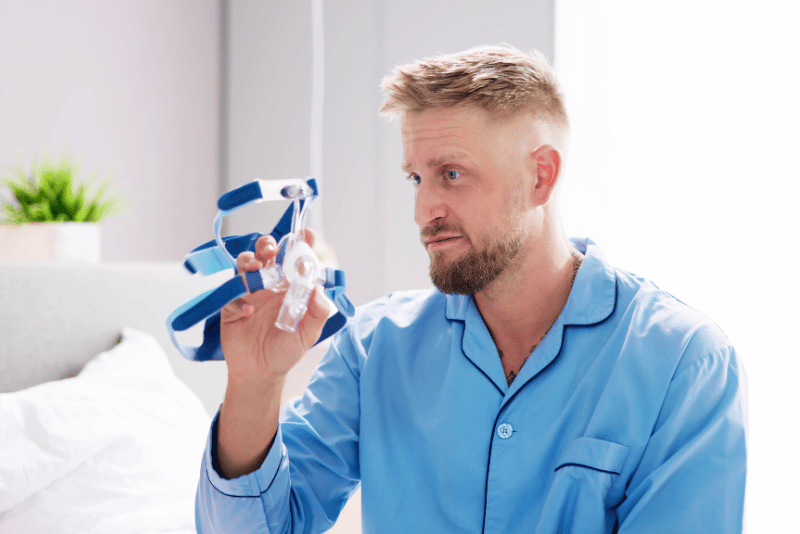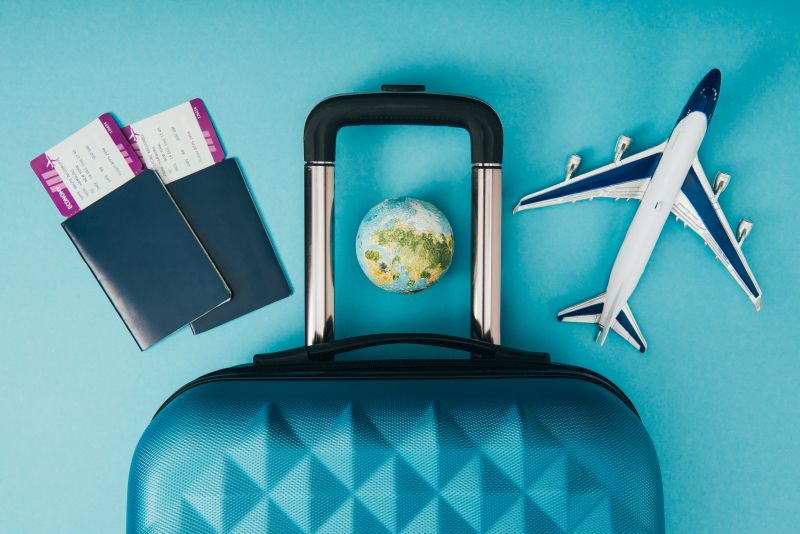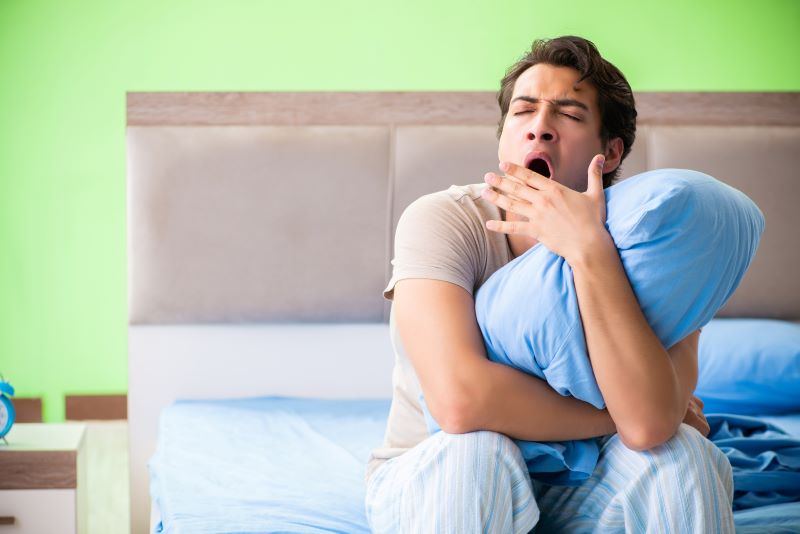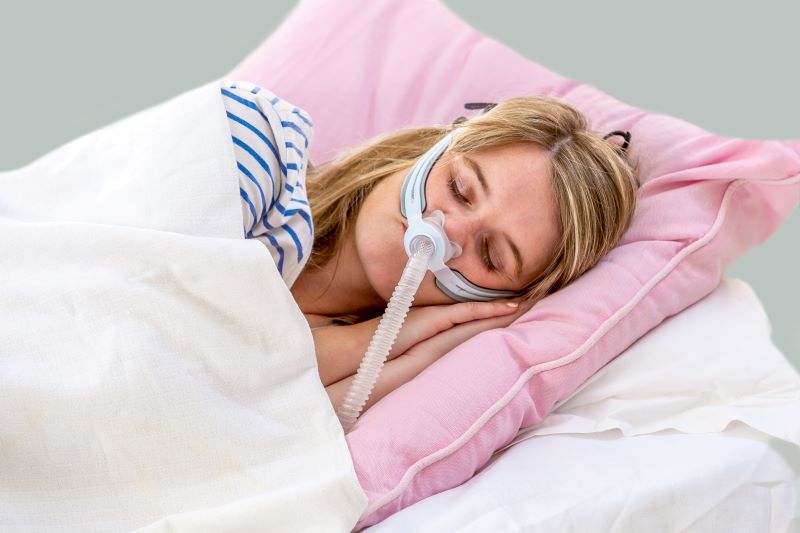Continuous Positive Airway Pressure (CPAP) therapy is a lifesaver for millions of people suffering from sleep apnea. CPAP machines work by delivering a constant flow of air through a mask, keeping the airway open and ensuring uninterrupted breathing during sleep. However, to ensure the effectiveness and comfort of CPAP therapy, regular replacement of CPAP supplies is crucial. In this guide, we’ll explore why replacing CPAP supplies is essential and discuss the different components that require replacement over time.
Why Do I Need to Replace My CPAP Supplies?
Like any other medical equipment, CPAP machines and their associated supplies undergo wear and tear with regular use. Over time, components such as masks, tubing, filters, and humidifier chambers can accumulate dirt, bacteria, and allergens, compromising their functionality and hygiene. Additionally, the materials used in CPAP supplies may degrade over time, leading to discomfort or reduced effectiveness of therapy.
Regularly replacing CPAP supplies helps maintain optimal therapy outcomes and ensures the user’s comfort and safety. Here are some key reasons why CPAP replacement is necessary:
- 1. Hygiene: CPAP supplies come into direct contact with the user’s airway and respiratory system. Regular replacement helps prevent the buildup of bacteria, mold, and other contaminants, reducing the risk of respiratory infections and allergies.
- 2. Effectiveness: Worn-out CPAP supplies may not provide an adequate seal or deliver the prescribed air pressure effectively, compromising the therapy’s effectiveness in treating sleep apnea.
- 3. Comfort: Over time, mask cushions, headgear, and tubing may lose their shape or become less flexible, causing discomfort or air leaks during sleep, which can disrupt therapy and lead to poor sleep quality.
- 4. Compliance: Regularly replacing CPAP supplies can contribute to better compliance with therapy, as users are more likely to adhere to treatment when their equipment is comfortable, effective, and well-maintained.
Replacing Your CPAP Machine
You should replace your PAP machine, whether it’s a CPAP, APAP, or BiPAP, every five years. This ensures optimal performance and allows you to access the latest therapy options. PAP technology has evolved significantly in recent years and continues to advance. Upgrading to newer models with enhanced comfort features can greatly improve your treatment adherence. Always be sure to get a new CPAP machine when your insurance allows.
Replacing Your CPAP Mask
CPAP masks, including nasal masks, nasal pillow masks, and full-face masks, should be replaced every three to six months, or as recommended by the manufacturer. Over time, mask cushions may lose their shape, leading to air leaks and discomfort. Additionally, straps and headgear may become stretched or worn out, affecting the mask’s stability and seal.
Regularly inspect your mask for signs of wear and tear, and replace it promptly if you notice cracks, tears, or deterioration of materials.
Replacing Your Mask Cushions and Headgear
Mask cushions and headgear should be replaced every three to six months, or sooner if they show signs of wear or if the mask seal becomes ineffective. Properly fitting cushions and headgear are essential for maintaining a secure and comfortable seal throughout the night.
Replacing CPAP Tubing
CPAP tubing should be replaced every three to six months to prevent the accumulation of dust, allergens, and bacteria. Inspect the tubing regularly for any signs of damage, such as cracks, holes, or discoloration, and replace it if necessary.
Replacing Humidifier Water Chambers
Humidifier water chambers should be cleaned daily and replaced every six months or as recommended by the manufacturer. Regular replacement helps prevent the buildup of mineral deposits and bacteria, ensuring optimal humidification of the air delivered by the CPAP machine.
Replacing CPAP Filters
CPAP filters, including disposable and non-disposable filters, should be replaced regularly to maintain air quality and prevent the inhalation of dust, pollen, and other airborne particles. Disposable filters should be replaced every one to three months, while non-disposable filters can be cleaned and reused according to the manufacturer’s instructions.
Cleaning Your CPAP Supplies
In addition to regular replacement, proper cleaning and maintenance of CPAP supplies are essential for ensuring hygiene and prolonging their lifespan. Follow the manufacturer’s instructions for cleaning your CPAP machine, mask, tubing, and humidifier components using mild soap and water or recommended cleaning solutions.
How Parkway Sleep Can Help
At Parkway Sleep, you’ll receive automatic notifications when your insurance company covers new CPAP supplies. Our dedicated CPAP team will reach out to confirm your upcoming shipment, and we’ll deliver it directly to your doorstep hassle-free! Click the link below to call us and schedule your next supply order.
Parkway Sleep Center
Are you experiencing sleep problems? Parkway Sleep Center can help. After a thorough evaluation, we will develop a treatment plan that may include a CPAP machine. Contact us today at 919-462-8081 and schedule an appointment.








